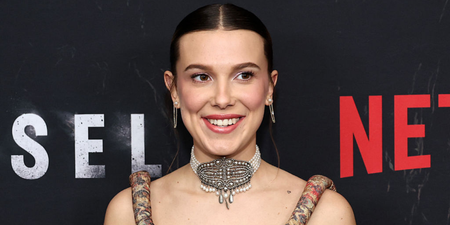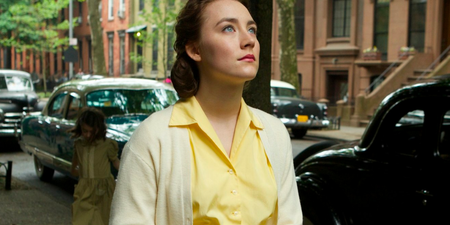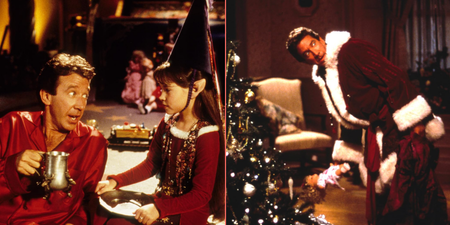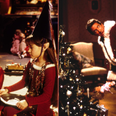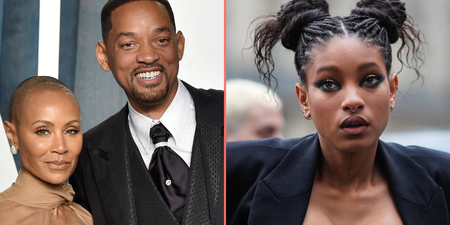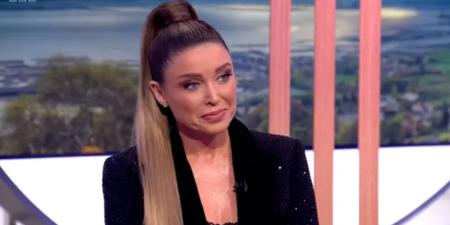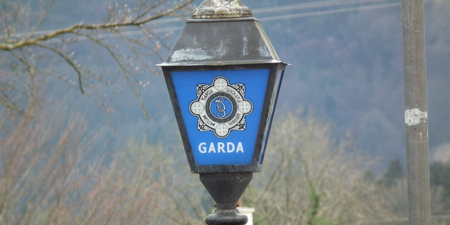Although over the years we have seen many a fine monster film, it can be incredibly difficult to make a good monster film and even more difficult to make one that can become timeless. Endless special effects and the monster reveal can often leave audiences slightly disillusioned with the supposed object of their worst nightmares. However, the monster films that clearly got it right were those that held back a little, that built the tension, that wouldn’t let you see that monster until you least expected it, like Steven Spielberg’s exceptional Jaws. Due to technical difficulties with the shark, the audience barely saw it for the entire film and that worked brilliantly. By the time Jaws raised its toothy head, you were sufficiently scared enough to scream out loud.
In the case of Godzilla, you would think that Gareth Evans would be the perfect director for the project; his previous film Monsters barely showed you any monsters and yet it still managed to completely work. He also seemed to show a complete appreciation for Godzilla himself and why wouldn’t he? Godzilla has a very long legacy at the box office. Originating in Japan, Godzilla first hit the big screen way back in 1954 he has appeared in a whopping 28 films for the Toho company and has featured in Hollywood films as recently as 1998. There was a lot of pressure on Edwards here, not just make a good monster film, make a good Godzilla film.
He kind of committed to that, not entirely.

The film begins with an introduction to Bryan Cranston’s character, Joe Brody, a scientist who works for a nuclear plant in Janjira, Japan. Continuously demanding a meeting with his superiors, Brody has noticed some very worrying patterns in his research and believes the plant is in danger of a natural disaster. Of course, he is correct and when the supposed “natural disaster” occurs, the plant is completely destroyed with most of the town evacuated.
Fast forward fifteen years later and we are introduced to Aaron Taylor-Johnson’s Ford Brody, Joe’s son, an American soldier. While on leave, Ford is called by the Embassy and informed that his father has been arrested for entering the prohibited zone around the plant. When Ford gets there, his father continues to insist that the event that took place was not a natural disaster and something is going to come that will knock them “into the Stone Age.” He returns with Joe to Janjira to collect his research but when the pair are arrested again, Ford finds out that not only is his father correct about it not being a natural disaster, there are far bigger things to worry about and we mean bigger. With Godzilla and his new pals about to converge in San Francisco, Ford attempts to make it home to protect his family.
For the most part, Godzilla is a pretty entertaining piece but we mean that is for the most part. The first hour and a half brilliantly layers the tension, not giving you a proper look his Godzilla-ness but when the action does properly kick in, it just becomes a little tiresome. Much like that extended sequence in Man of Steel, the monsters end up throwing each other around a city they end up demolishing for an extended period of time. We get the point; Godzilla is big and can destroy things really easily. There really wasn’t a need to drag that out for so long.
On top of that, the characters are completely one-dimensional, a demented scientist who proves to be right in the end, a nurse stuck trying to protect her child, a soldier who must protect humanity. Although the performances from Juliette Binoche and Bryan Cranston are heartfelt and brilliant, Aaron Taylor-Johnson is woefully rigid. Elizabeth Olsen is barely given a chance to shine in the film’s two hour running time. As for Ken Watanabe who plays the main scientist tracking Godzilla, the camera constantly cuts to him just providing that final piece of advice. That is his role, the final say for every plan involving Godzilla.
As Edwards has pointed out himself, the theme of man versus nature is particularly dominant throughout but this becomes more than a little muddled towards the end of the film. Yes, we should respect nature for what it is and not try to assume we are in control of it but the nuclear theme, which is presented as the Japanese trying to get rid of something terrifying rather than just merely testing atomic weaponry, becomes a little too muddled. In fact, the storyline as a whole becomes a little too much of a struggle and the overwhelming emotion associated with the monster towards the end seems somewhat misplaced.
This is still an incredibly enjoyable film, it just seems to lose the run of itself, much like the monster it depicts.




